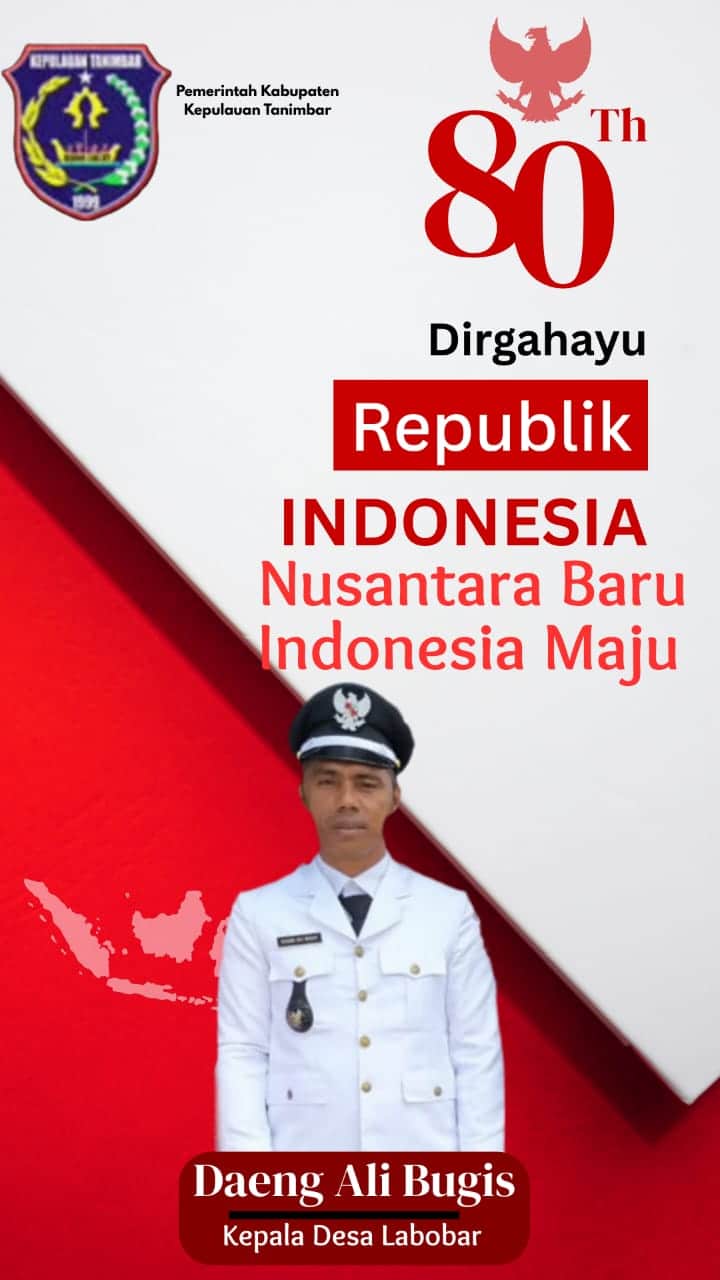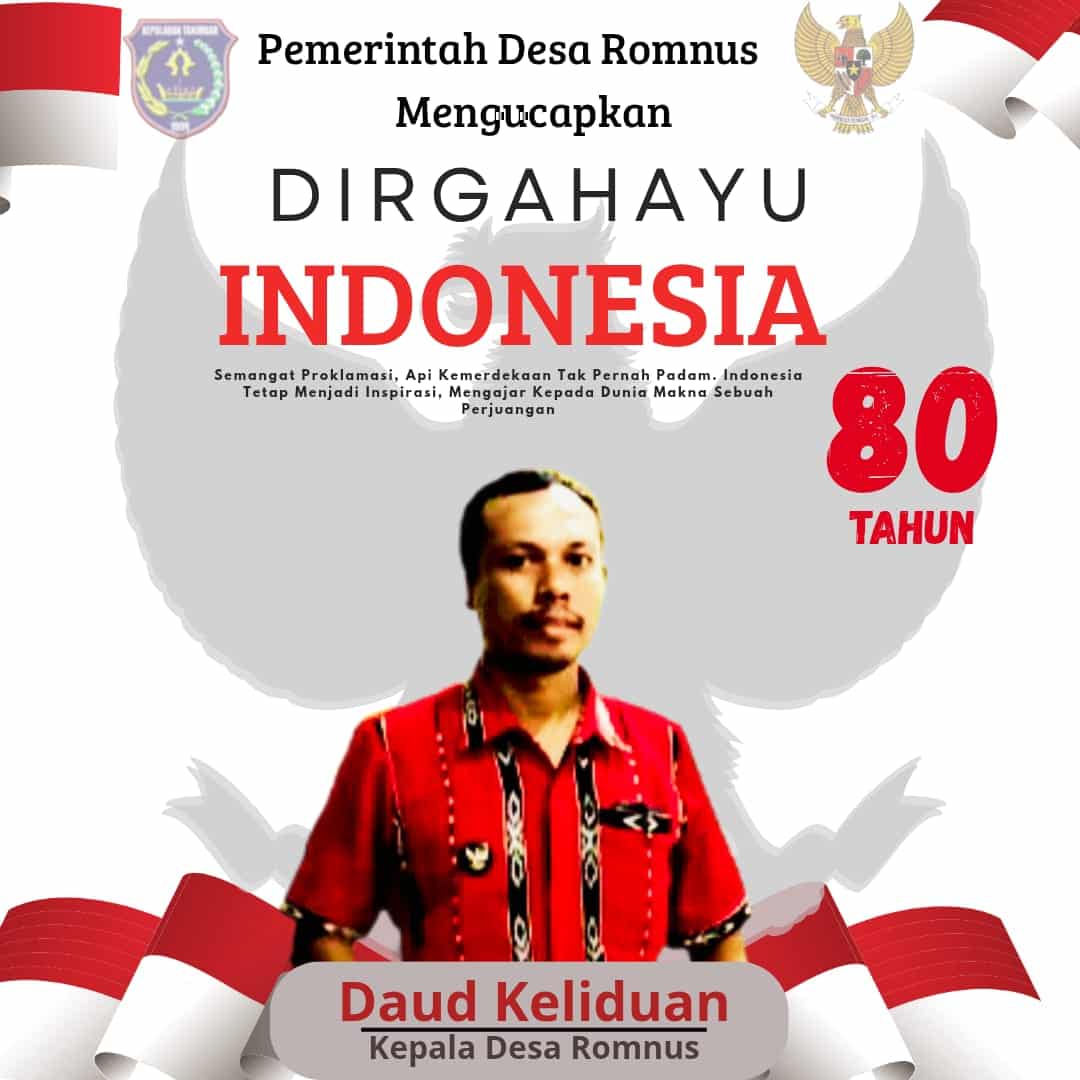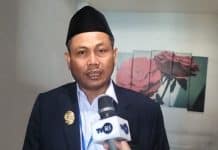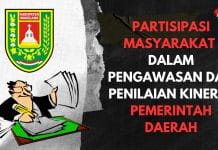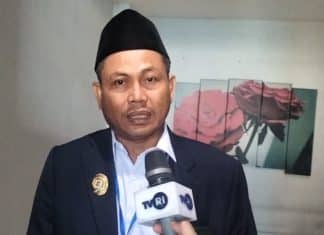- Seismic Shifts Underway: Industry Leaders Analyze top news & Forecast a Revolution in Sustainable Tech Innovation.
- The Rise of Circular Economy Models
- The Role of Material Innovation
- Advancements in Renewable Energy Technologies
- Decentralized Energy Systems and Microgrids
- Sustainable Transportation: Beyond the Electric Vehicle
- The Impact of Autonomous Vehicle Technology
- The Role of Data and AI in Sustainable Tech
Seismic Shifts Underway: Industry Leaders Analyze top news & Forecast a Revolution in Sustainable Tech Innovation.
The current global landscape is undergoing a pivotal transformation driven by breakthroughs in sustainable technology. Investors, industry leaders, and policymakers are closely monitoring these developments, recognizing their potential to reshape entire sectors. Discussions around environmental responsibility, resource management, and long-term economic viability are driving unprecedented investment and innovation. The surge in attention toward green technologies is one of the most significant top news stories of our time, affecting everything from energy production to consumer goods.
This shift isn’t just about adhering to ethical standards; it’s about recognizing a fundamental economic reality. Companies that embrace sustainability are increasingly seeing a competitive advantage, attracting conscious consumers, and securing long-term resilience. Furthermore, governmental regulations and incentives are steadily aligning to favor eco-friendly practices, accelerating the adoption of sustainable solutions across the board.
The Rise of Circular Economy Models
Traditionally, economic models have followed a linear “take-make-dispose” approach. However, a growing movement is advocating for a circular economy, where resources are kept in use for as long as possible, minimizing waste and reducing the need for virgin materials. This involves strategies like product redesign for durability and recyclability, repair and refurbishment services, and the development of closed-loop manufacturing processes. The adoption of these models requires a fundamental shift in thinking and collaboration across the entire supply chain.
| Model | Description | Key Benefits |
|---|---|---|
| Product as a Service | Instead of selling a product, companies lease it, offering usage and maintenance. | Reduced waste, increased resource efficiency, stronger customer relationships. |
| Industrial Symbiosis | Companies collaborate to use each other’s waste streams as inputs. | Reduced waste, cost savings, improved environmental performance. |
| Sharing Economy | Platforms facilitate the shared use of assets, maximizing utilization. | Reduced resource consumption, lower costs for users, increased income for asset owners. |
The Role of Material Innovation
Central to the success of a circular economy is materials innovation. Researchers are actively developing new materials that are biodegradable, compostable, or easily recyclable. Bioplastics, derived from renewable sources, offer a potential alternative to traditional petroleum-based plastics. Similarly, advancements in materials science are leading to the creation of stronger, lighter, and more durable materials that extend product lifecycles and reduce the need for frequent replacements. The challenge lies in scaling up production and ensuring these materials are cost-competitive with existing options.
However, the path isn’t without obstacles. The initial investment in new infrastructure and technologies can be substantial, and consumer acceptance of novel materials is crucial. Educating the public about the benefits of these alternatives and demonstrating their long-term value will be vital in driving wider adoption. Investment in research and development is also pivotal, ensuring a continuous pipeline of sustainable material solutions.
Advancements in Renewable Energy Technologies
The transition to renewable energy sources is arguably the most critical component of a sustainable future. Solar, wind, hydro, and geothermal energy are all experiencing rapid growth, driven by decreasing costs and increasing efficiency. Innovations in energy storage, such as advanced battery technologies and pumped hydro storage, are addressing the intermittency challenges associated with renewable sources. The expansion of smart grids, with their ability to intelligently manage energy flows, is further enhancing the reliability and resilience of renewable energy systems.
- Solar Panel Efficiency Increases: New materials and designs are boosting the amount of sunlight converted into electricity.
- Wind Turbine Innovation: Larger turbines and optimized blade designs are harnessing more wind energy.
- Energy Storage Breakthroughs: Improved battery technologies are making renewable energy more reliable and accessible.
- Smart Grid Development: Intelligent grids are optimizing energy distribution and reducing waste.
Decentralized Energy Systems and Microgrids
Traditional centralized energy systems are often vulnerable to disruptions and inefficiencies. Decentralized energy systems, such as microgrids, offer a more resilient and localized approach. Microgrids are self-contained energy networks that can operate independently or in conjunction with the main grid. They typically incorporate renewable energy sources, energy storage, and smart control systems, providing a reliable and sustainable power supply for communities, businesses, and critical infrastructure. The widespread deployment of microgrids can enhance energy security and reduce reliance on fossil fuels.
The financial structure of microgrids can be complex, requiring innovative financing models and regulatory frameworks to encourage investment. Furthermore, cybersecurity concerns must be addressed to ensure the integrity and reliability of these distributed energy networks. Collaboration between utilities, governments, and private sector companies is essential to accelerate the adoption of microgrid technology and realizing their full potential.
Sustainable Transportation: Beyond the Electric Vehicle
The transportation sector is a major contributor to greenhouse gas emissions. While electric vehicles (EVs) are gaining traction, a truly sustainable transportation system requires a more holistic approach. This includes investing in public transportation, promoting cycling and walking, and developing alternative fuels like hydrogen and biofuels. Furthermore, optimizing logistics and supply chains can significantly reduce transportation emissions by minimizing distances traveled and improving fuel efficiency. The future of transportation will likely be characterized by a mix of modes, seamlessly integrated to provide efficient and eco-friendly mobility solutions.
| Mode of Transport | Sustainability Challenges | Potential Solutions |
|---|---|---|
| Electric Vehicles (EVs) | Battery production and disposal, electricity source | Sustainable battery manufacturing, renewable energy-powered grids |
| Hydrogen Fuel Cell Vehicles | Hydrogen production and infrastructure | Green hydrogen production (electrolysis using renewables) |
| Public Transportation | Capacity and accessibility | Investment in infrastructure, improved route planning |
The Impact of Autonomous Vehicle Technology
Autonomous vehicle technology has the potential to revolutionize transportation, offering benefits such as increased safety, reduced congestion, and improved fuel efficiency. Optimized routing and platooning (vehicles traveling closely together) can minimize energy consumption and traffic bottlenecks. However, the widespread adoption of autonomous vehicles raises important questions about job displacement, data privacy, and cybersecurity. Addressing these challenges will be crucial to ensure that autonomous vehicle technology contributes to a more sustainable and equitable transportation system. Regulations will need to adapt quickly to keep pace with the rapid advancements in this field.
The Role of Data and AI in Sustainable Tech
Data-driven insights and artificial intelligence (AI) are playing an increasingly important role in optimizing resource use and accelerating the transition to a sustainable future. AI algorithms can analyze vast amounts of data to identify patterns, predict trends, and optimize processes across various sectors, including energy, agriculture, and manufacturing. For example, precision agriculture uses data analytics to optimize irrigation, fertilization, and pest control, reducing water waste and chemical inputs. In manufacturing, AI-powered systems can detect defects, optimize production schedules, and minimize energy consumption.
- Predictive Maintenance: AI algorithms predict equipment failures, reducing downtime and associated waste.
- Smart Building Management: AI optimizes energy consumption in buildings based on occupancy and weather conditions.
- Supply Chain Optimization: AI algorithms identify inefficiencies and reduce waste in supply chains.
- Resource Allocation: AI helps allocate resources more efficiently, minimizing shortages and surpluses.
However, the use of data and AI also raises ethical concerns. Ensuring data privacy, algorithmic transparency, and avoiding bias in AI systems are crucial to build trust and promote responsible innovation. Robust regulatory frameworks and ethical guidelines are needed to govern the development and deployment of AI in a manner that promotes sustainable and equitable outcomes.

